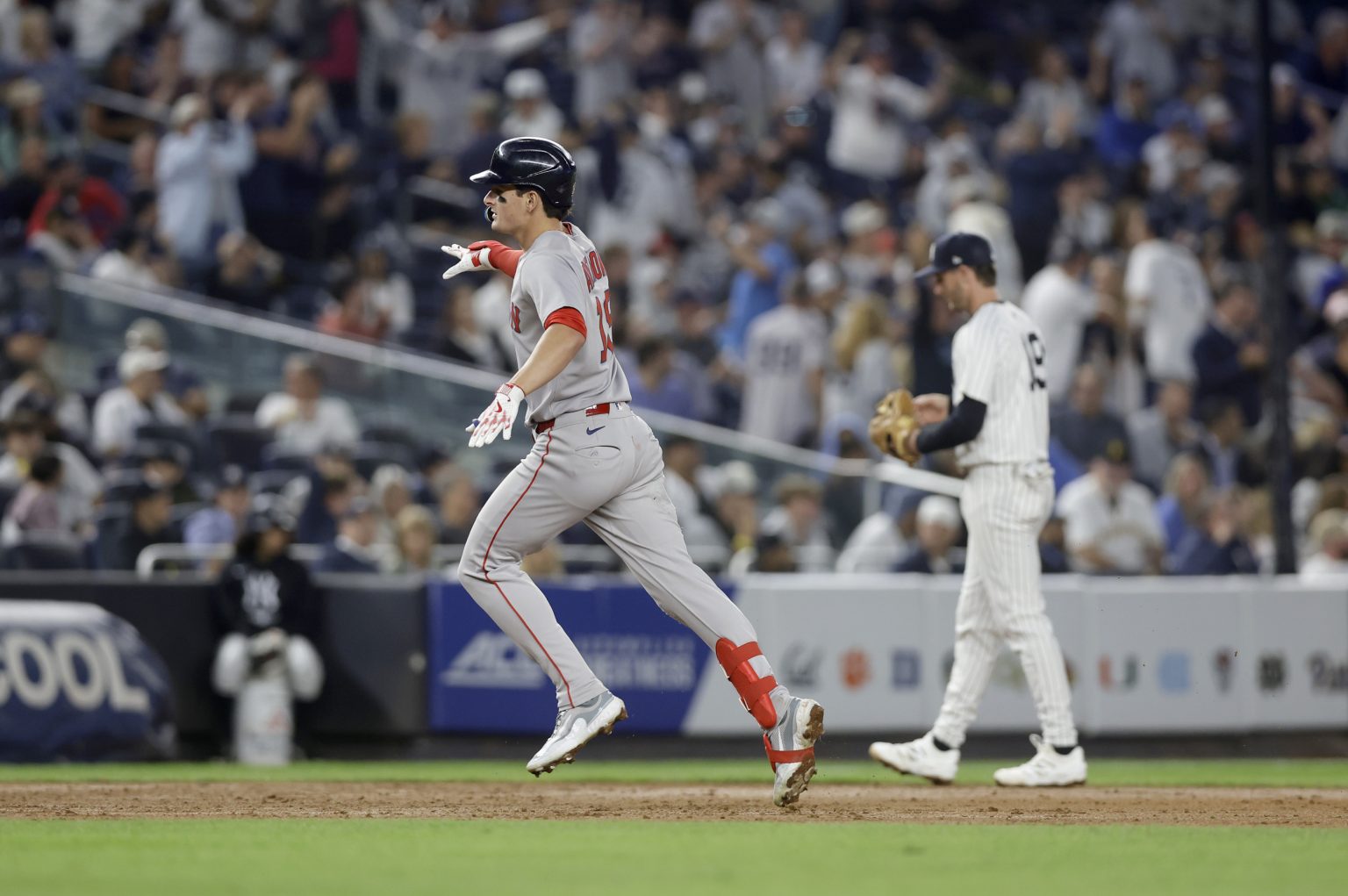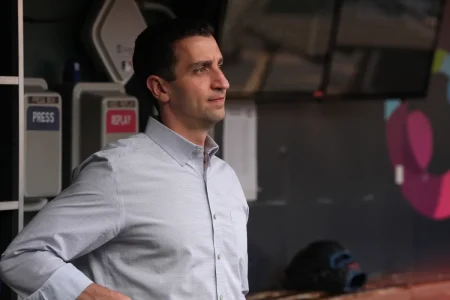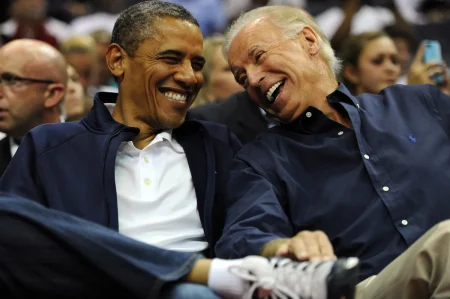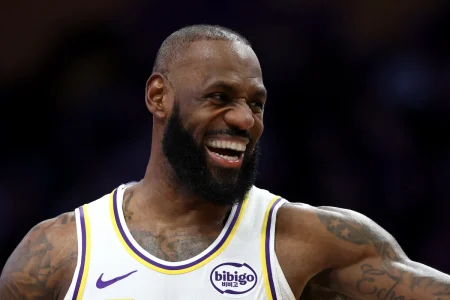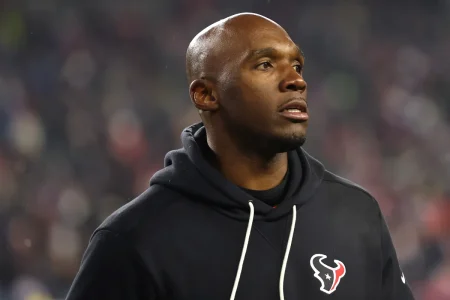Yankees Manager Credits Red Sox Turnaround to Roman Anthony’s Call-Up
In a candid pre-game conversation with ESPN’s crew before a recent Sunday Night Baseball matchup between the New York Yankees and Boston Red Sox, Yankees manager Aaron Boone offered a straightforward theory about Boston’s remarkable turnaround. When ESPN reporter Buster Olney asked Boone how the Red Sox had improved from their sub-.500 record in early July to second place in the American League East by late August, Boone smiled and simply said, “they called up Roman Anthony.” This understated response highlights the significant impact one player can have on a team’s trajectory, even in a sport where individual contributions are often diluted across a 26-man roster.
The timing of Anthony’s promotion to the major leagues does indeed align with Boston’s resurgence, though as with most baseball narratives, the full story is more complex than a single player’s arrival. The Red Sox stood at 32-35 after defeating the Yankees on June 8 in New York, just one day before Anthony made his highly anticipated major league debut. At the time of his call-up, Anthony was the consensus #1 prospect in baseball, putting up impressive numbers at Triple-A Worcester with a .288 batting average, .423 on-base percentage, and .491 slugging percentage. These statistics had created substantial expectations for the young outfielder, though few could have predicted the transformative effect he would have on the team’s overall performance.
Anthony’s transition to major league pitching wasn’t immediately smooth, as he struggled through a difficult 5-for-44 start that might have shaken the confidence of many rookies. However, he quickly found his footing and has since produced remarkable numbers, batting .320 with a .422 on-base percentage and .489 slugging percentage. His performance has been so impressive that manager Alex Cora elevated him to the leadoff position in the batting order, a spot typically reserved for established veterans rather than rookies still finding their way. Perhaps most telling is the team’s record with Anthony in the lineup—a strong 29-18—suggesting his presence extends beyond mere statistical contributions to something less tangible but equally valuable.
Despite missing the first two months of the season while developing at Triple-A, Anthony has emerged as a leading candidate for the American League Rookie of the Year Award, a testament to his extraordinary impact in a relatively short time frame. His versatility in the outfield, playing both right and left field positions, has provided the Red Sox with defensive flexibility while his offensive contributions have been quantified by advanced metrics—accumulating an impressive 2.5 Wins Above Replacement (WAR) in just 60 games. This rate of production over a full season would place him among the elite players in the game, not just rookies, further underscoring the significance of Boone’s observation about Anthony’s influence on Boston’s resurgence.
The Red Sox’s weekend performance at Yankee Stadium, where they won two of three games against their historic rivals, improved their season record to 71-60 and demonstrated the team’s competitive resurgence. With just over a month remaining in the regular season, Boston now holds a slim half-game lead over the Yankees (70-60) in both the American League East and the AL Wild Card standings. This positioning represents a dramatic improvement from their early-season struggles and places them squarely in playoff contention—a scenario that seemed unlikely before Anthony’s arrival changed the team’s dynamic and performance level.
While Boone’s assessment that Anthony’s promotion was the catalyst for Boston’s improved play might be somewhat reductive—baseball success typically depends on numerous factors including pitching performance, defensive execution, and contributions from the entire roster—it does recognize the profound impact that exceptional young talent can have on a team’s fortunes. In Anthony, the Red Sox have discovered not just a future star but a present-day difference-maker whose skills, confidence, and energy have helped transform a struggling team into a legitimate playoff contender. As the season enters its final stages, the baseball world will be watching to see if Anthony’s remarkable influence can propel Boston into the postseason and perhaps beyond, validating Boone’s simple yet insightful observation about the power of one player to change a team’s trajectory.





